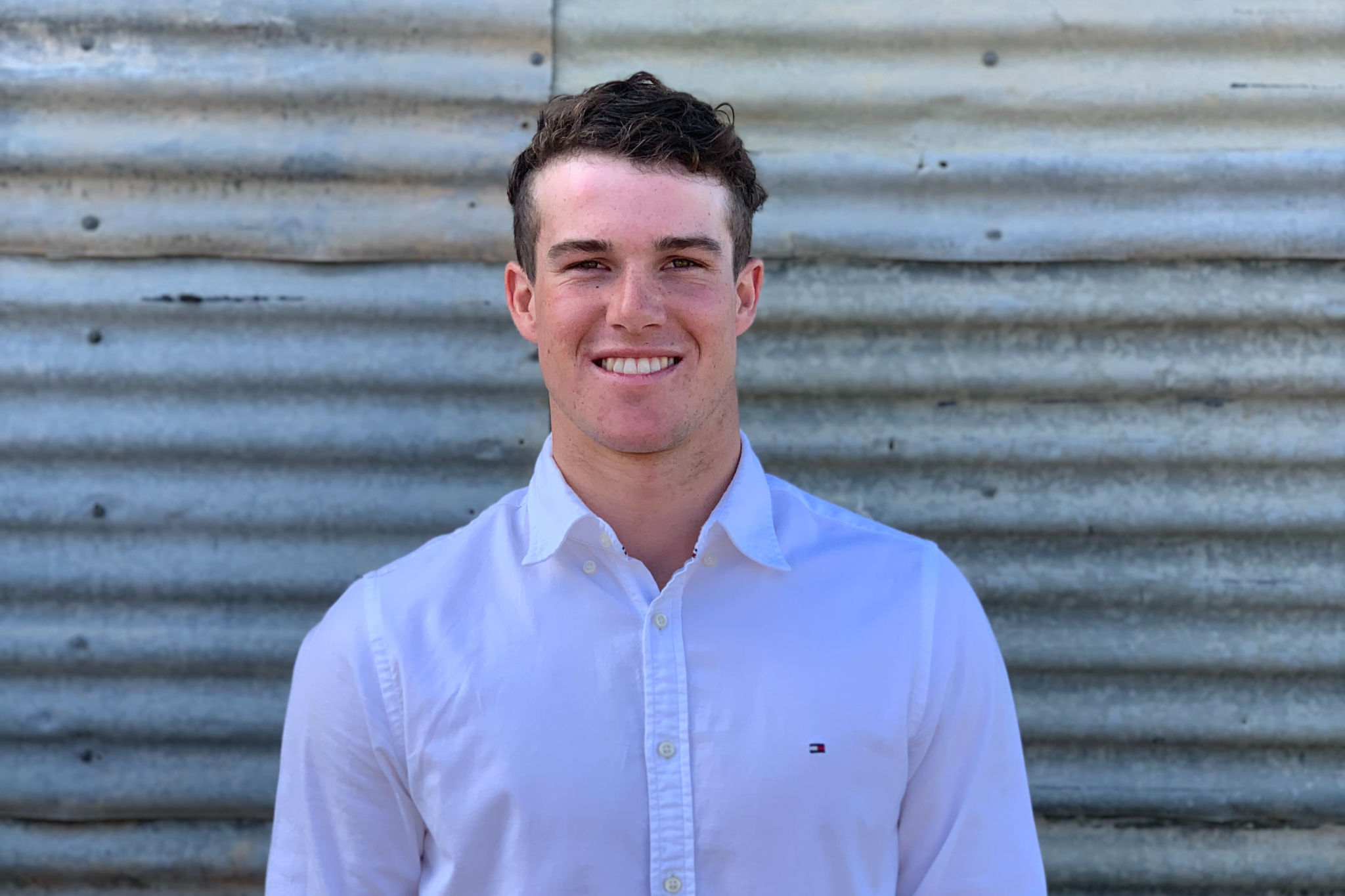Bill says after growing up in the middle of the drought, agriculture wasn’t always an obvious choice for him.
“We had a string of dry years, so confidence in farming wasn’t great at the time. Mum and Dad always encouraged me to experience other things.
“It wasn’t until I moved away and tried landscaping that I realised how much I love the farm and that agriculture really is my passion,” Bill tells us.
After a gap year working on the farm, Bill set off to The University of Melbourne to study a Bachelor of Agriculture. However, college life was short lived when COVID-19 hit just four weeks after university began.
“I ended up coming home to study remotely and work on the farm, which was actually a great combination because I’ve been able to put into practice what I’m learning in my degree. Subjects like agricultural economics and production systems have been really interesting and helped me gain a broader understanding around things like inputs, outputs, gross margins and other farming systems,” Bill explains.
Bill wants to bring together his experience on the farm and his degree to support farmers’ to be productive and profitable, even when the rain gauge is not on their side.
“Drought tolerant varieties and higher risk drought areas are a particular interest of mine.
“I want to have a positive influence on improving the practises of primary producers using existing resources, however with less water so that the agricultural industry remains viable and sustainable into the future,” Bill tells us.
As part of his Horizon Scholarship, Bill recently attended the National Drought Forum and despite having to join virtually, he has walked away sure of an interesting career ahead.
“I learnt that drought is not just the farmers problem, there’s so many levels of government, financial councillors, banks, lenders and non-for-profits who are involved. It highlighted that it (agriculture) is a very collaborative workplace, which really excites me.”
Bill says the industry is starting to look beyond the impact of rainfall patterns on crops, to the importance of community wellbeing and the role the drought cycle plays in this.
“You are either in a drought, recovering from a drought or preparing for the next one,” Bill explains.
When it comes to drought resilience, Bill says preparation is key.
“The best operations have great business plans and strategies before the drought. It’s all about being proactive rather than reactive, so this means lots of critical thinking, planning, conversations with accountants and negotiations with the banks.”









